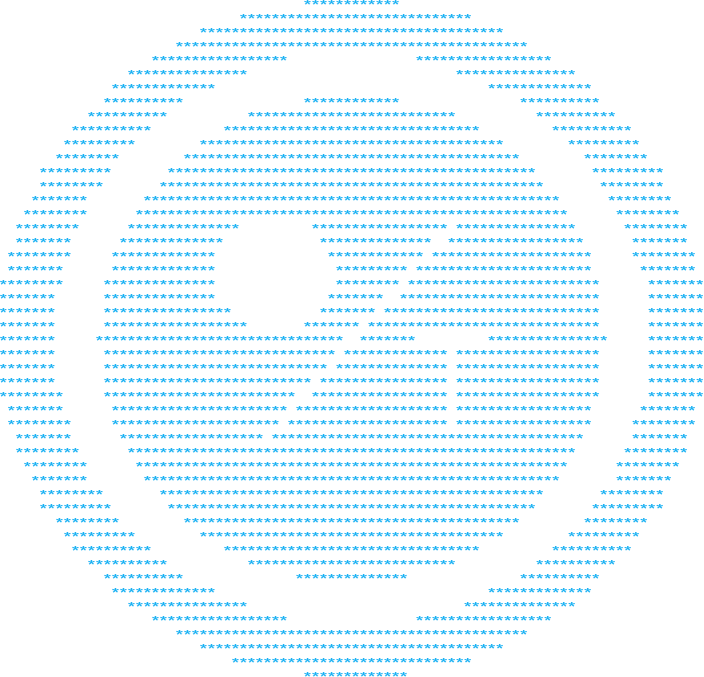Convert ADA to EOS
Convert ADA to EOS at real exchange rate
Features
Set alerts now!
Set alerts now and we'll notify you when the rate significantly changes
ADA Price Live Data ( Cardano )
ADA is on the rise this week
Cardano price today is EOS 3.305590 with a 24-hour trading volume of EOS 6,262,757,796. Cardano is down -0.27% in the last 24 hours. Over the past hour the price of ADA has decreased by -0.43%. The total supply of ADA is $45,000,000,000 and the current circulating supply is set at $36,800,973,395.39. The current Coingecko ranking of ADA is 13.
As of today at 5:32 AM , converting 1 Cardano (ADA) to EOS using TabTrader, based on the CoinGecko conversion rate, gives you an equivalent value of 3.30559 EOS. The current exchange rate is 1 ADA = EOS 3.305590 EOS, while 1 EOS equals ADA.
Trade Effortlessly with TabTrader
Our app offers seamless trading on 22 exchanges with over 20,000 assets available.


Latest ADA to EOS price calculator
Trade Effortlessly with TabTrader
Our app offers seamless trading on 22 exchanges with over 20,000 assets available.


About Cardano (ADA)
Cardano (ADA) is a decentralized open-source blockchain platform secured by a proof-of-stake (PoS) consensus mechanism. It was launched in 2017 by Charles Hoskinson, one of the co-founders of the Ethereum (ETH) blockchain network.
The definitive quality of Cardano is its emphasis on a research-driven, scientific approach to blockchain development. The platform seeks to solve issues related to scalability, interoperability, and sustainability seen in earlier networks.
The Cardano blockchain is stratified into two layers: The Cardano Settlement Layer (CSL) and The Cardano Computation Layer (CCL). The Cardano Settlement Layer facilitates peer-to-peer transactions of ADA within the network, while The Cardano Computation Layer is used to execute smart contracts.
Cardano is secured through a specially designed proof-of-stake (PoS) consensus protocol called Ouroboros. As stated on Cardano's official website, Ouroboros is able to provide and improve the security guarantees of proof-of-work (PoW) at a fraction of the energy cost.
Cardano (ADA) currently has a market capitalization of EOS 121,541,180,251.00
The current circulating supply of Cardano (ADA) is $36,800,973,395.39
Cardano is a proof-of-stake (PoS) blockchain platform, which means that its nodes compete for a chance to validate the next block of transactions by stacking the associated cryptocurrency. Staking ADA is most commonly done by delegating the currency to a staking pool from a Web 3.0 wallet like Daedalus or Yoroi.